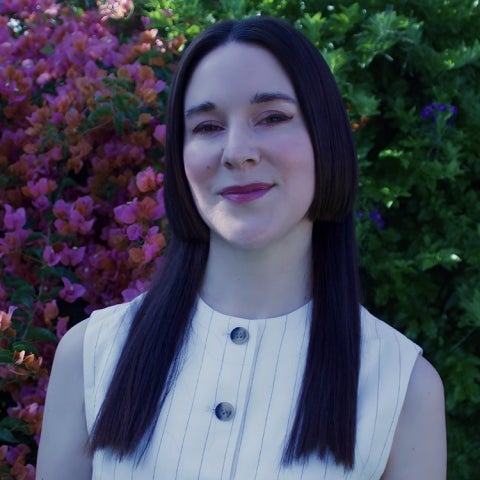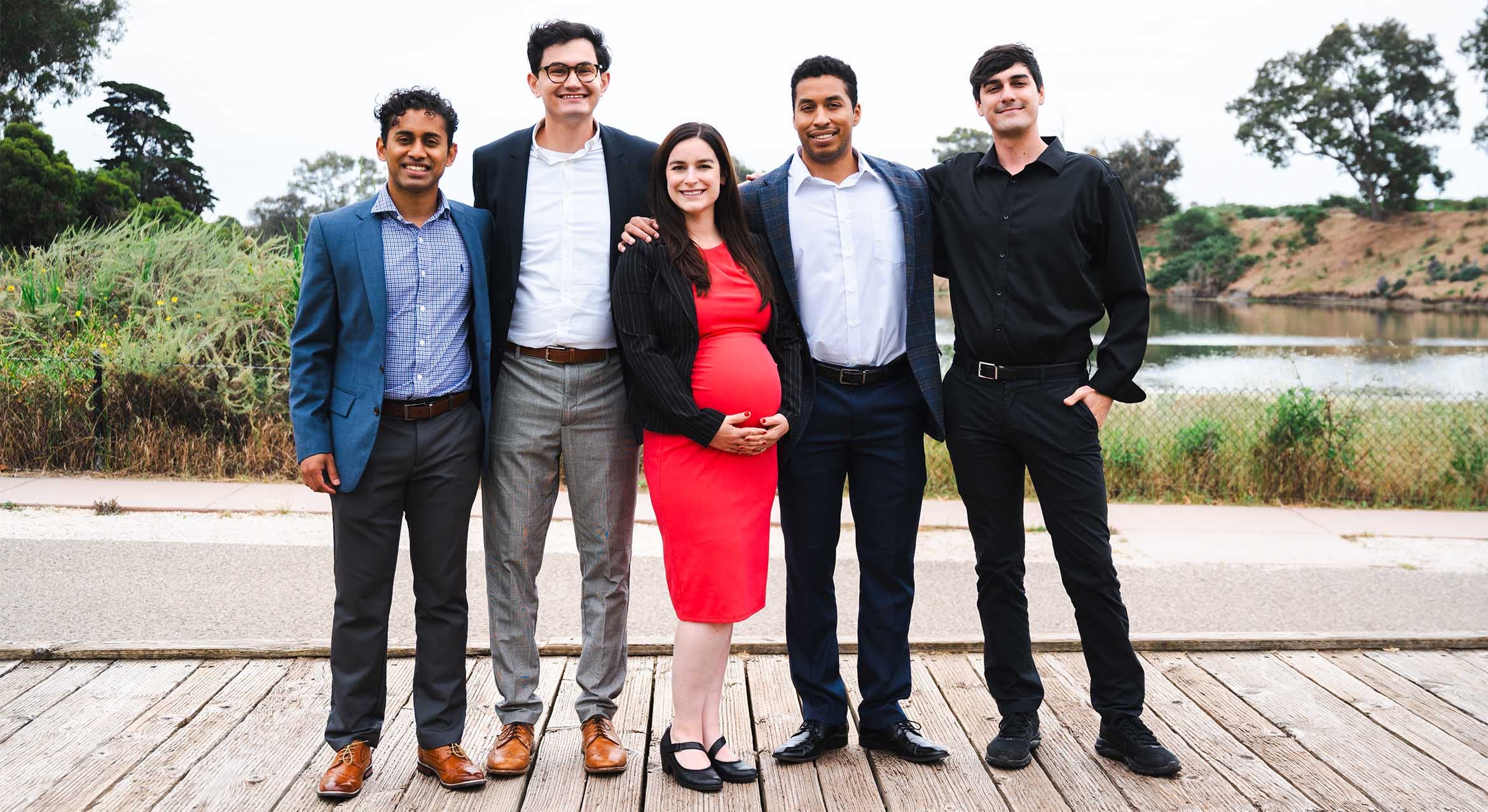
How to become a more curious person, according to new research
Many people say they’d like to change aspects of their personality — to be more outgoing, more patient, or more emotionally resilient. But can traits like these really change?
Recent research suggests they can. At UC Santa Barbara, psychological researchers Madeleine Gross and Jonathan Schooler are investigating how to foster one particularly powerful trait: curiosity.
“Curiosity is a psychological super virtue,” said Schooler, distinguished professor and director of the Center for Mindfulness and Human Potential. “It’s linked with greater life satisfaction, stronger relationships, professional success, and even a longer lifespan.”
The good news? Curiosity can be cultivated with simple strategies. Everyday experiences — like asking more questions or engaging with art — can spark a curious mindset, boosting both interest and the motivation to learn something new.
But can these moments of curiosity actually lead to lasting personality change?
To explore that question, Gross, a project scientist in Schooler’s META Lab, developed a smartphone app designed to help users build a habit of curiosity in daily life. Created in collaboration with UCSB computer science students, the “curiosity app” offers behavioral goals and guided audio lessons that encourage users to adopt a more inquisitive outlook.
The behavioral goals, called “daily challenges,” prompt users to make small, intentional shifts in their routines: choosing a podcast over a familiar playlist, asking a friend what they’ve learned recently, or experimenting with a new recipe. These activities provide a scaffolded path to bringing more curiosity into everyday life.
“Curiosity isn’t just about finding interesting things to do every day, it’s also about approaching everyday things with interest,” Gross said. To achieve this, the curiosity app also features audio-guided “mindful curiosity” lessons that teach users how to transform everyday situations into moments of beauty, wonder or intrigue. The lessons start by inviting users to tune into their current experience with a probing, curious mindset, asking questions about what they see around them.
“Notice how kids ask questions about everything around them?” Gross said. “As adults, we don’t stop asking because the mysteries are gone — we just stop noticing them.”
Study participants used the curiosity app for three weeks, completing behavioral goals and mindful curiosity lessons daily. By the end of the study, app users showed significant increases in trait-level curiosity.
Challenging the long-held view that personality traits are relatively fixed, this research suggests that some aspects of our character are remarkably plastic. Even small, intentional changes in our daily routines can create broader positive impacts on our character and our lives.
Indeed, participants also saw benefits tied to curiosity, including reduced tendencies toward boredom, greater creative engagement and a stronger sense of meaning in life. “Our findings offer some evidence that personality doesn’t just correlate with positive life outcomes — it actually contributes to them,” Schooler said.
Gross and Schooler are now expanding the project. Plans are underway to offer the app freely to UCSB undergraduates and begin testing it with older adults. “Older adults are particularly vulnerable to social isolation and cognitive decline,” Gross explained. “Curiosity may offer a practical way to promote healthy aging.”
By showing that curiosity can be enhanced through technological intervention, this study opens new possibilities for how digital tools can promote psychological well-being. While longer-term studies are still needed, these early results offer a promising testament: our natural inclination toward curiosity isn’t fixed at birth — it’s something we can grow.





